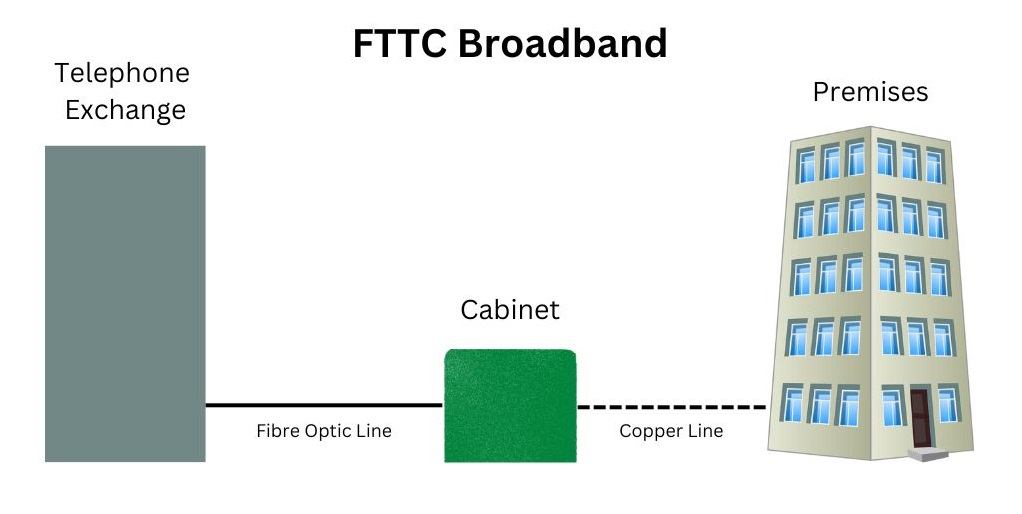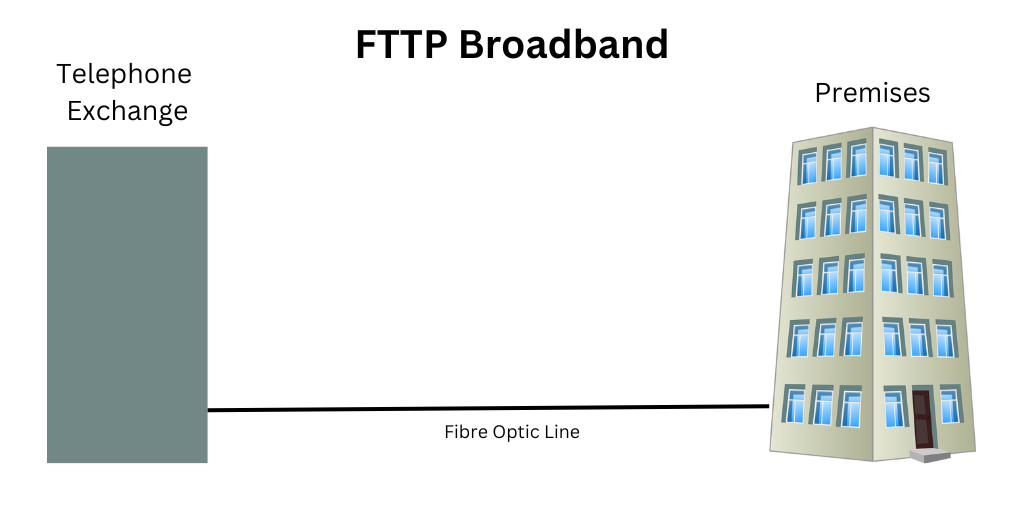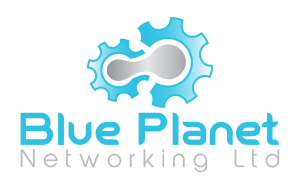
The business world relies on stable internet connections. It is continually evolving, and both the online and offline experiences are expected to be seamless. The right internet connection has an integral effect on streamlining processes and operations. From simple tasks of sending emails and managing websites, to using cloud-based software or online services, an efficient and reliable business internet service is critical and adds value to your business by maintaining high productivity.
So, have you asked yourself if your internet connection still fits the objectives of your business, or is it time to upgrade or find a better provider?
What we do
We have experience of dealing with both nationwide and local broadband providers like BT, Virgin Media and Vodafone. With our help, you can switch to another service provider or set up a new or additional internet connection. Installation includes configuring routers, setting up a fully functional network with files and printer sharing, and applying security to protect your network. In addition, we provide monitoring and support services.
Our Broadband setup service starts by selecting the right provider, service, and package. We compare the prices and packages to ensure that you get the best connection, with a plan that is suitable for your connectivity needs.
In association with our partners, we offer reliable, high performance business internet service. There are several options available, depending on the business requirements and available technologies:
- FTTC (Fibre to the cabinet)
- FTTP (Fibre to the premises)
- Mobile Phone Broadband (4G/5G)
- Satellite Broadband (Starlink)
- Wireless Delivery via Radio Masts
- Leased Lines
What’s the differences between these connections/technologies?
1.FTTC (Fibre to the cabinet)
FTTC stands for ‘fibre to the cabinet’. So, let’s break that down…
The fibre part simply means that the broadband connection is delivered over fibre optic cables. These have a glass core, meaning that unlike copper cables that send information via electrical signal, the information passed via fibre optic cables travels through using light, and is thousands of times faster than copper cables.
These fibre optic lines are then routed to the green cabinets that you see on the streets. That’s where the cabinet part of the abbreviation comes from. Then the remaining distance from the cabinets to the business premises is connected with copper cables.

This still provides great internet service, but obviously not as fast as FTTP which is discussed below.
2.FTTP (Fibre to the premises)
Just like FTTC, the broadband is delivered via fibre optic cables, but instead of the final distance being covered with copper cables, the fibre optic cables run across the entire distance.

Obviously, this enables the speed of the broadband to be quicker than that of FTTC (hence why FTTP is also known as Full Fibre). However, the availability of FTTP isn’t guaranteed. It’s a little like a postcode lottery as to whether FTTP is accessible in your desired area.
If you’re curious, you can do a postcode search on the Openreach website to see if your area has FTTP access:
https://www.openreach.com/fibre-broadband/where-when-building-ultrafast-full-fibre-broadband
If FTTP is available in your area, we would obviously opt to use that for your business needs over FTTC.
FTTC vs FTTP speed comparison
After reading the information above, it is clear that generally speaking, the speed of FTTP is superior to that of FTTC, but the lines can blur as there are technologies like GFast that can significantly improve the speed of FTTC too. However, that’s not available everywhere either. Here at Blue Planet Networking Ltd, we will always utilise different providers to ensure your business gets the best possible service to suit your needs
3.Mobile Phone Broadband (4G/5G)
Mobile phone broadband sends data through 4G or 5G mobile networks, so cables are not needed. Other devices can connect to these unique Wi-Fi networks too.
4. Satellite Broadband (Starlink)
Starlink is a private company run by Tesla owner Elon Musk. Starlink uses a web of low orbit satellites (around 550km from the earth’s surface) to provide internet access. This system of satellites is called a ‘constellation’. The low orbit of these satellites helps to keep the latency down. It offers an alternative to the optical fibre and 5G internet we are used to by receiving data from the satellites through an antenna receiver. For the basic hardware, costs start at around £450, plus the monthly fee.
Although this isn’t our personal go-to solution, there are some situations where it may be useful to have. If a business specifically requested it, we would endeavour to investigate it further.
You can find out more about Starlink here: https://www.starlink.com/technology
5. Wireless Delivery via Radio Masts
FWA (Fixed Wireless Access) broadband internet is delivered from fixed based towers/structure. The signals are broadcasted from a type of antenna that is fixed to the tower/structure. Receivers then pick up the signal that is broadcasted from these antennas and convert them into internet data. For this type of internet connection to work, the FWA provider tower/structure needs to be within an approximate 10 miles radius from the receivers. Any further and it will not work well.
6. Leased Lines
Leased lines are private data circuits that allow businesses to have a dedicated fixed bandwidth internet connection. Having a fixed bandwidth means higher internet speeds and low contention.
The leased line connects the business premises to the Internet Service Provider’s (ISP) data centre. It’s a great solution for data hungry businesses that rely on the quickest internet speed available. There are also certain advantages that come with having a leased line. For example, a typical 4-hour service level agreement from the service provider when problems occur. However, the prices associated with leased lines tend to be the most expensive of the connections, but for some businesses, that cost is necessary for their objectives.
Why choose us?
Blue Planet Networking Ltd offers Business Internet connections, Business Phonelines and Business VoIP numbers & connections to commercial customers throughout the East Midlands, including Derbyshire, Leicestershire, and Nottinghamshire. We use a network of different providers to ensure your business gets the best possible service to suit your needs. Our team of experienced and knowledgeable technicians can help you with setting up new connections or migrating to a new provider, and we offer contracts to suit all requirements and budgets.
Contact our team today to see how we can help get you better connectivity across your sites.

